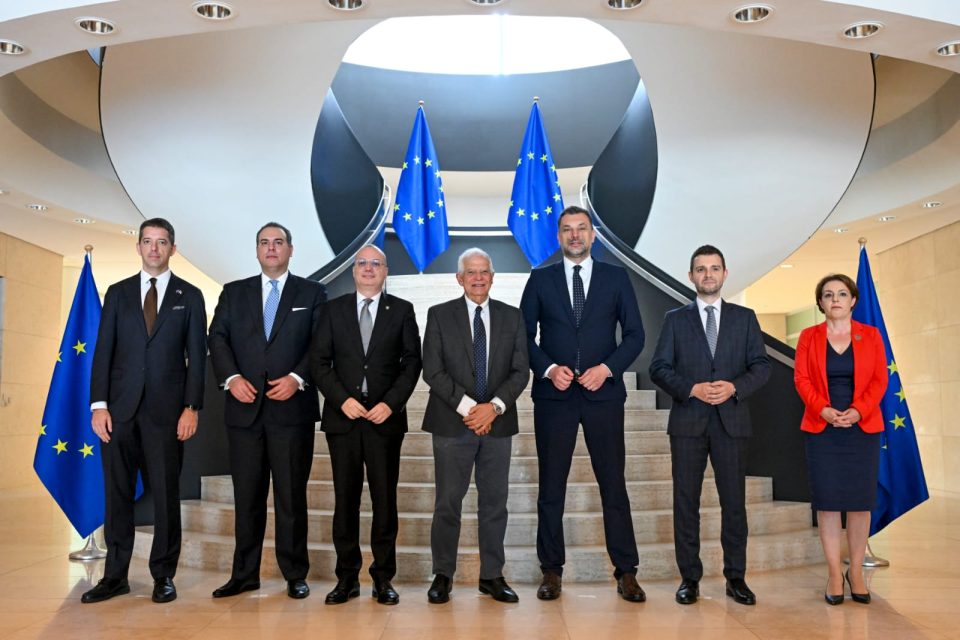EU and Western Balkans Foreign Ministers discuss common engagement on Foreign and Security Policy

The meeting took place within the context of the Foreign Affairs Council in Luxembourg on 24 June 2024. Following the meeting, the EU’s High Representative, Borrell, emphasized the Union’s intention to further deepen the gradual integration of the Western Balkans. However, he underscored the EU’s expectation that countries in the region align with the Common Foreign and Security Policy as an expression of their strategic choice and commitment to EU membership.
Why is this relevant
The EU has revitalized its enlargement policy as part of the Union’s response to Russia’s aggression against Ukraine.
Context
The EU’s geostrategic approach to enlargement aims to strengthen the Union’s influence on the continent and isolate Russia.
The approach has led to more assertive demands for alignment of candidate countries with the Common Foreign and Security Policy, which Borrell reiterated in Luxembourg. He stressed that “maintaining close ties with Putin’s regime is not compatible with building a common future with and within the EU.”
Serbia, a candidate country, has not aligned with EU sanctions against Russia. The Foreign Minister of Serbia, Marko Djuric, stated from Luxembourg that “Serbia will certainly adopt a common foreign and security policy upon joining the EU and will be in a position to influence the common foreign and security policy.”
The Union’s geopolitical approach to enlargement policy also places significant focus on Ukraine and Moldova. On 25 June, both countries are holding intergovernmental conferences with the EU marking the beginning of accession negotiations.
Meanwhile, EU negotiations with Western Balkan countries continue at a slow pace. Montenegro will hold another intergovernmental conference with the EU on 26 June, during which both sides are expected to adopt the Report on the Assessment of the Fulfillment of Interim Benchmarks in key Chapters 23 and 24 related to the rule of law. However, Albania and North Macedonia have yet to open the first cluster of accession negotiations.
The need for accelerated progress in the accession process of the Western Balkans was underscored in Luxembourg by the Italian Foreign Minister, Antonio Tajani, who emphasized that the Western Balkans should join the European Union before Ukraine and expressed hope that this would occur before 2030.


